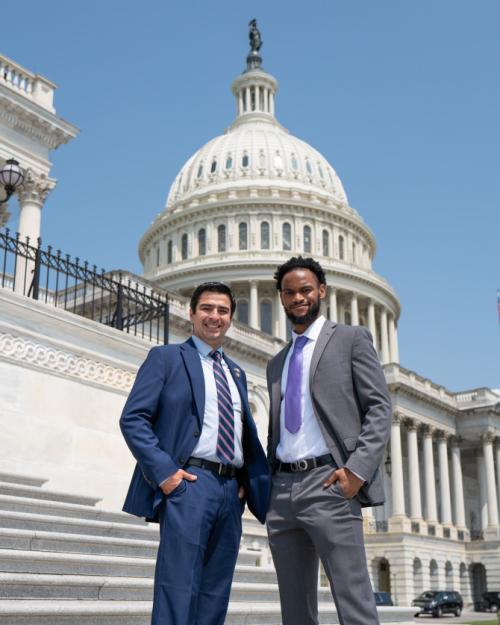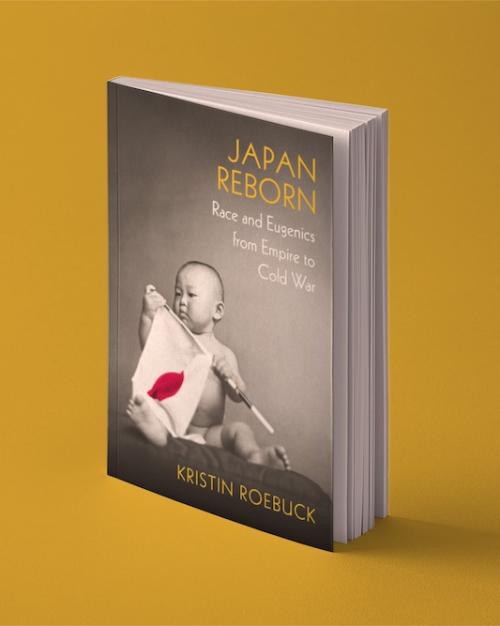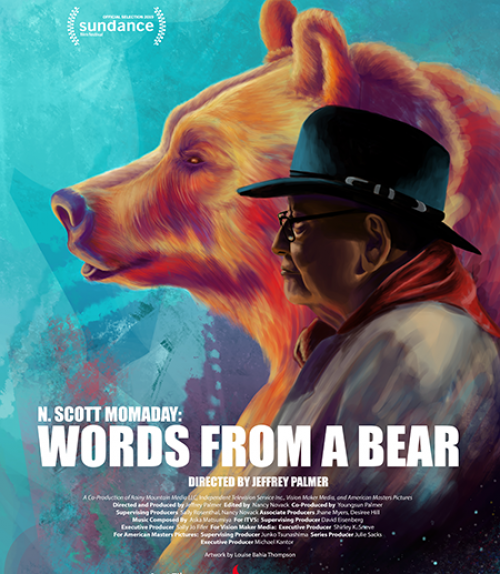This is an episode from the “What Makes Us Human?” podcast's fifth season, "What Do We Know about Inequality?" from Cornell University’s College of Arts & Sciences, showcasing the newest thinking from across the disciplines about inequality. Featuring audio essays written and recorded by Cornell faculty, the series releases a new episode each Thursday through the fall semester.
I am a filmmaker and a member of the Kiowa Tribe of Oklahoma. When I think of inequality, I consider the vast amount of misrepresentations of Indigenous peoples in the media, particularly Native American representation in cinema. There are so many untold stories, so many missed opportunities to describe the richness of Native peoples across the Americas. Those stories have been replaced by a canon of stereotypes that have created one seminal story of who Native people are. In these stories we are a culture bound to the past, no longer relevant, with no voice, taken from the glory we once had.
The public is not hearing the stories that show a culture that is present and ever-changing. A vibrant culture that can shift the tide of politics and current issues, such as climate change and possibly the presidency. A culture that has deep roots in American music, art, dance, and literature.
Instead, media has become a colonized space for us, where we are allowed to have a story told only if it meets the stereotypical parameters. That inequality stretches around the world for Indigenous peoples with devastating effect.
My goal as a filmmaker is to decolonize the screen. I describe my art as a personal exploration of Native American “life” in the twenty-first century America. It’s exploratory because of the great diversity of Native peoples in the United States who continuously change their culture on a daily basis.
I try to achieve this aesthetic by infusing my own experiences within “Indian Country” into my work, focusing on the land, the creation of place, the diversity of traditional practices, the language, the music and the spiritual world. I try to have substantive collaboration with the people I represent, forming a shared ethnography in the construction of knowledge and meaning within fiction and non-fiction projects.
For Indigenous people around the world, the connection to the land is of the utmost importance. The land is a conduit of tribal memory, origin, creation, subsistence and worship. So I film my collaborators in the environments they recognize most. I also enforce the use of tribal language and music that is at the heart of present day tribal identities.
There are many Natives working in the media industry today, trying to take over the narrative and possibly repair the inequality that has been created. Change is happening slowly, but we remain steadfast and some doors are opening. Consider my film “N. Scott Momaday: Words from a Bear.” It is the first profile of a Native American artist to air on the acclaimed PBS series American Masters in 30 years.
Momaday won the Pulitzer Prize in literature in 1969, also a first for Native peoples. This generated a renaissance of Native writers and artists that was transformative in the narrative of who Native peoples are.
Much like Momaday, I was a young Kiowa artist growing up in the shadows of the Wichita Mountains, dealing with issues of poverty, racism, and marginalization. I also experienced the triumphs of using art to maintain the stories of my people. Telling the profoundly important story of Momaday feels like an important obligation that I owe to my family and my people. It is also an obligation to give the American public the untold stories that have been kept from them or otherwise ignored.
Some of those stories will be told Oct. 17 as part of the College of Arts & Sciences Arts Unplugged series. There will be a free public screening of my film and I’ll be offering a free masterclass on creating a Sundance documentary. The event starts at 5 pm at the Schwartz Center for Performing Arts. Join us as we gather to hear important Native stories and share efforts to decolonize the media.




